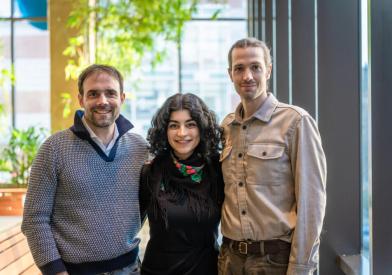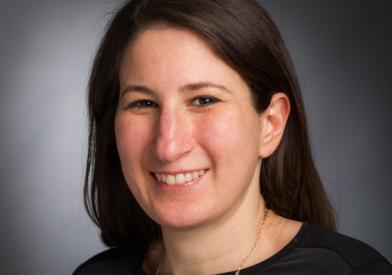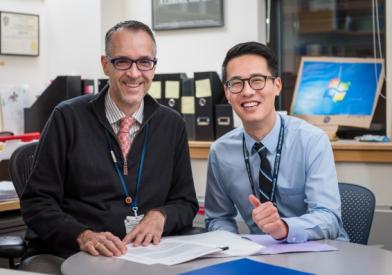The caregivers in our Psychosocial Oncology Program, part of the Department of Psychosocial Oncology and Palliative Care, will work with you to define your concerns and develop an individual treatment plan aimed at helping you cope with emotional stress through all phases of the cancer experience, including:
- Anxiety and sadness
- Depression
- Family coping
- Relationship issues
- Personal, spiritual, and existential issues
- Changes in thinking and behavior
We work closely with your oncologist, nurses, and other members of your care team to ensure that the care you receive is both comprehensive and coordinated.
We also work with the Palliative Care team, which helps patients manage pain and other physical, emotional, and spiritual distress during serious illnesses, as well as at the end of life. Additionally, our experts provide personalized support to young adults (ages 18-39) being treated for cancer through our Young Adult Program, as well as support for bereaved families.












